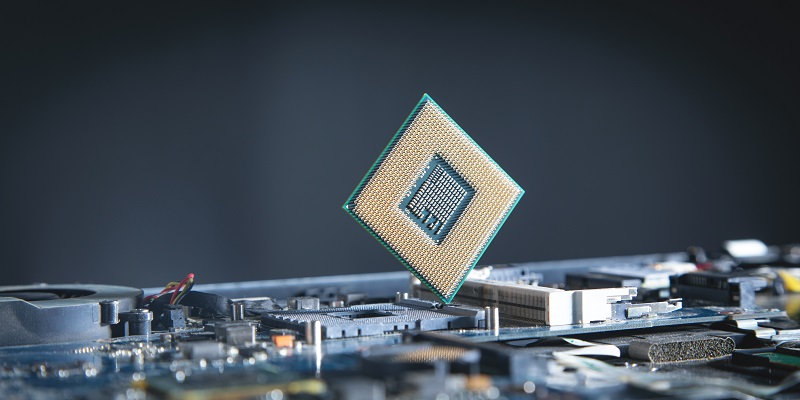Intel’s highly anticipated Granite Rapids-D Xeon CPUs have made their first official appearance, as revealed by a support document obtained by computer media outlet Computer Base. This exciting development unveils crucial details about Intel’s upcoming processor lineup, which is set to revolutionize the world of high-performance computing. Let’s delve into the specifics.
Variants of Granite Rapids-D
The Granite Rapids-D CPUs are expected to arrive in two distinct variants. These variants will cater to diverse computing needs and provide users with exceptional performance options.
High Core Count (HCC) Model
One of the variants in the Granite Rapids-D lineup is the High Core Count (HCC) model. This version comprises a single Large Core Count (LCC) die and an I/O die, thus enabling support for up to four memory channels. The HCC model promises to deliver exceptional computing power for resource-intensive tasks.
XCC Variant with Enhanced Capabilities
The second variant, known as the Xtra Core Count (XCC), takes the Granite Rapids-D CPUs to a whole new level. It features a single HCC die paired with two I/O dies, offering support for additional Ethernet and accelerator capabilities. Notably, the XCC variant boasts an impressive capacity of up to eight memory channels, further enhancing its performance potential.
Replacing Ice Lake with Intel 3 Fabrication Technology
Granite Rapids-D represents Intel’s transition from the Ice Lake architecture to the advanced Intel 3 fabrication technology. This shift brings significant improvements in power efficiency and performance, ensuring that users can enjoy smoother multitasking and faster computational speeds.
Unveiling the Performance Improvements
Thanks to the Intel 3 process node’s generational optimization, Granite Rapids-D CPUs offer an impressive 18% performance-per-watt gain compared to Intel 4. This notable improvement empowers users with a more efficient and productive computing experience, making resource-intensive tasks more manageable than ever.
Exploring other Granite Rapids Variations
Aside from the Granite Rapids-D lineup, Intel is also expected to release two other variations: Granite Rapids-AP and Granite Rapids-SP. These variations cater to specific computing requirements and will utilize different chip designs.
Distinct Chip Designs in Granite Rapids-SP/AP CPUs
The upcoming Intel 6th Gen Granite Rapids-SP/AP CPUs will introduce distinct chip designs. This innovation ensures that each variant is optimized to deliver exceptional performance and meet the varying demands of server and high-performance computing applications.
The release date for Granite Rapids-D
While the precise release date for the Granite Rapids-D CPUs has not been specified, industry experts anticipate its launch to occur around the end of 2024. As the date draws closer, consumers and technology enthusiasts eagerly await the arrival of these groundbreaking processors.
In conclusion, Intel’s Granite Rapids-D Xeon CPUs bring forth exciting advancements and possibilities for high-performance computing. With their distinct variants, improved performance, and transition to Intel 3 fabrication technology, these processors are poised to redefine the landscape of computing. As the release date approaches, anticipation grows, unveiling a promising future for Intel’s latest offerings.

